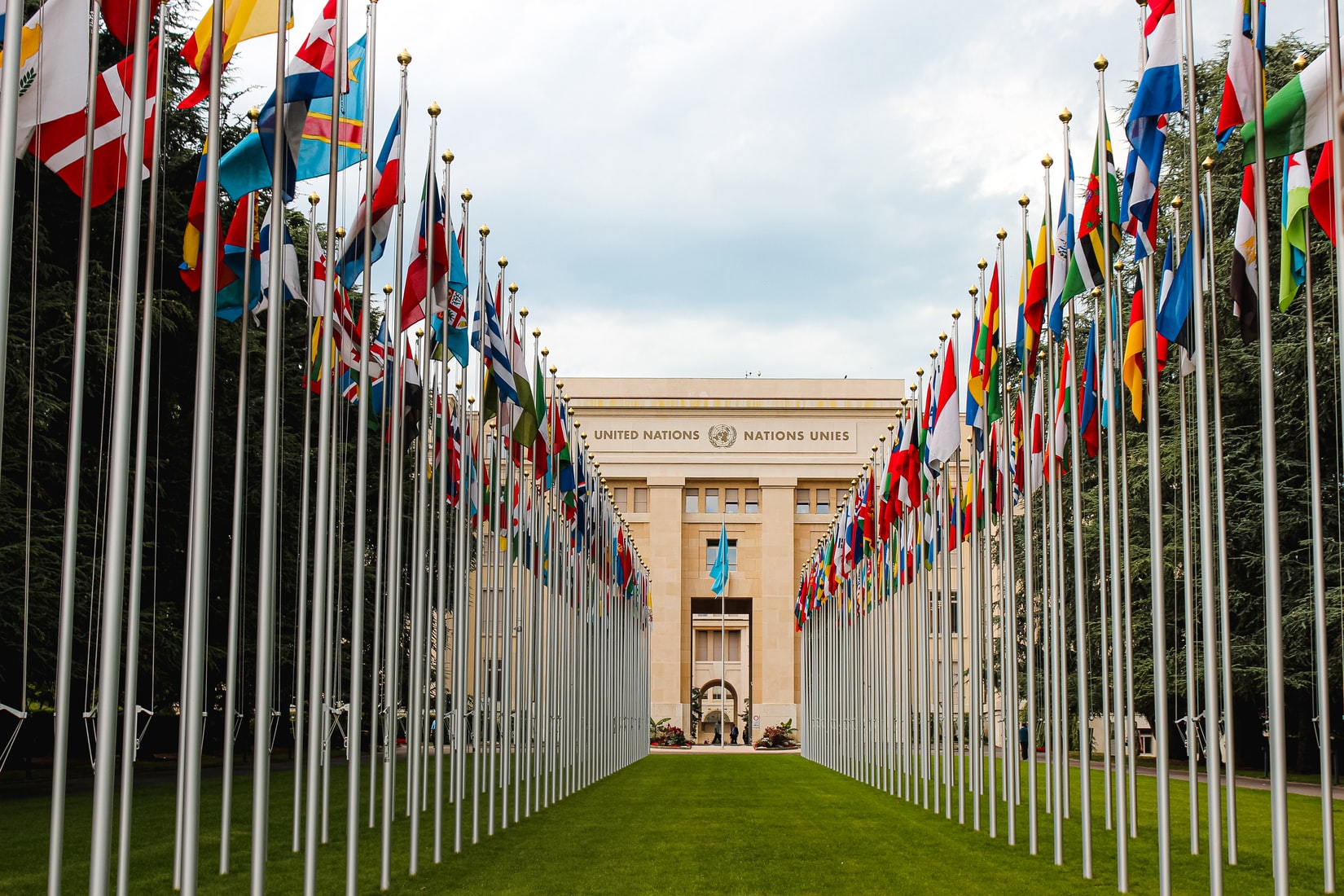What is the Tragedy of the Commons?
Hardin argues that individual short-term interest – to take as much of a resource as possible – is in opposition to societal good. If everyone was to act on this individual interest, the situation would worsen for society as a whole – demand for a shared resource would overshadow the supply, and the resource would eventually become entirely unavailable.
Conversely, exercising restraint would yield benefits for all in the long-term, as the shared resource would remain available.
What Are Some Examples of the Tragedy of the Commons?
Arguably the best examples of this phenomenon occur in situations that lead to environmental degradation.
Among many things, pollution is caused by wastewater. As the number of households and companies increase and dump their waste into the water, the water loses its ability to clean itself. This results in water that is toxic to wildlife and the people that live around and rely on it.
Another example of the Tragedy of the Commons lies in overfishing. In Canada, the Grand Banks fishery off the coast of Newfoundland was a means of livelihood for regional fishermen. Abundant in cod, the fishery allowed fishermen to catch as many cod as they desired without negatively impacting their population.
Then, in the 1960s, advancements in technology allowed fishermen to catch vast quantities of cod, far more than before. However, with each passing season, the amount of cod deteriorated and by the 1990s, the fishing industry in the region collapsed because there wasn’t enough fish to go around. This situation where individual fishermen took advantage of opportunities to benefit themselves in the short term, even when their actions were clearly detrimental to society in the long term, encapsulates the self-preserving mindset behind the Tragedy of the Commons. These fishermen thought logically, but not collectively, which led to their downfall.
 In the photo: Fish at a market. Photo credit: Unsplash.
In the photo: Fish at a market. Photo credit: Unsplash.
The Tragedy of the Commons can also be applied to the COVID-19 pandemic still plaguing the planet. In its early days, people were generally wary of mixing with anyone outside their immediate family, leaving their homes less and working from home. However, another result of the pandemic was that people began to stock up on food and utilities. People likely assumed that everyone else would stock up as well and so the only solution was to preempt this scenario and stockpile food before the next person could.
Again, people were thinking logically, but not collectively, and herein lies the relevance of the Tragedy of the Commons. Individuals took advantage of opportunities that benefited themselves, but spread out the harmful effects of their consumption across society.
Retailers responded by imposing restrictions on the number of items one could buy, but it was too late. Entire grocery aisles were empty, wiped clean.
What About the Environment?
Shared resources that mitigate the impacts of the climate crisis are abused constantly.
No single authority can pass laws that protect the entire ocean. Each country can only manage and protect the ocean resources along its coastlines, leaving the shared common space beyond any particular jurisdiction vulnerable to pollution. This has led to obscene amounts of ocean pollution, as seen in garbage patches that accumulate in the center of circular currents, for example. This will affect everyone as these pollutants cycle through the marine food chain, and then humans as we consume fish.
Another problem facing the oceans are dead zones, areas in lakes and oceans where no marine life can live because of the lack of oxygen caused by excessive pollution and fertilizer runoff.
The atmosphere is another resource being used and abused, as are forests. Unregulated and illegal logging pose great risks to forests’ ability to store carbon. In some parts of the world, vast expanses of rainforests aren’t governed in a way that allows effective management for resource extraction. Timber producers are driven to take as much timber as possible as cheaply as possible, without considering the wider impacts of doing so.
Poor governance exacerbates the problem of the Tragedy of the Commons.
 In the photo: Illegal logging and overfishing are both examples of how the Tragedy of the Commons leads to environmental degradation. Photo credit: Unsplash.
In the photo: Illegal logging and overfishing are both examples of how the Tragedy of the Commons leads to environmental degradation. Photo credit: Unsplash.
Who is Meant to Fix It?
Ideally, governments at the local, state, national and international levels would define and manage shared resources. However, there are problems with this. Management inside clear boundaries is quite straightforward, but more problematic are resources shared across jurisdictions. For example, at the international level, states are not bound by a common authority and may view restrictions on resource extraction as a threat to their sovereignty.
Additionally, more difficulties arise when resources cannot be divided, such as in whale treaties when the fishing of the whales’ food source is separately regulated.
Economist Scott Barrett at Columbia University in New York says that international law “has no teeth, so treaties are essentially voluntary.”
“Even when countries decide to take part in collective conservation efforts, they can simply pull out again when they want to,” as Canada did in 2011 when it pulled out of the Kyoto Protocol and when America announced its withdrawal from the Paris Agreement in 2017.
As the global population increases and demand for resources follows, the downsides of the Commons become more apparent. Some may argue that this will test the role and practicality of nation-states, leading to a redefinition of international governance.
Further, it may lead some to question the role of supranational governments, such as the United Nations (UN) or the World Trade Organization; as resources become more limited, some may argue that managing the commons may not have a solution at all.
 In the photo: In the long term, the Tragedy of the Commons brings into question the effectiveness of international treaties and supranational governments, such as the UN. Photo credit: Unsplash.
In the photo: In the long term, the Tragedy of the Commons brings into question the effectiveness of international treaties and supranational governments, such as the UN. Photo credit: Unsplash.
What Can Be Done?
Moving away from international solutions to address trans-border problems has its own limitations.
A potential solution is to affix property rights to public spaces. For example, charging a toll to use a freeway or implementing a tax for dumping wastewater would reduce the number of users to those who act in the best interests of others, not only themselves. The toll (or tax), of course, cannot apply to the freeway once it crosses a border into another country – unless a treaty between the two countries concerned by the freeway is entered into and the same toll is established in both countries.
Other solutions could include government intervention or developing strategies to trigger collective behaviour, such as assigning small groups in a community a plot of land to look after.
Editor’s Note: The opinions expressed here by Impakter.com columnists are their own, not those of Impakter.com. Cover photo credit: Unsplash.














